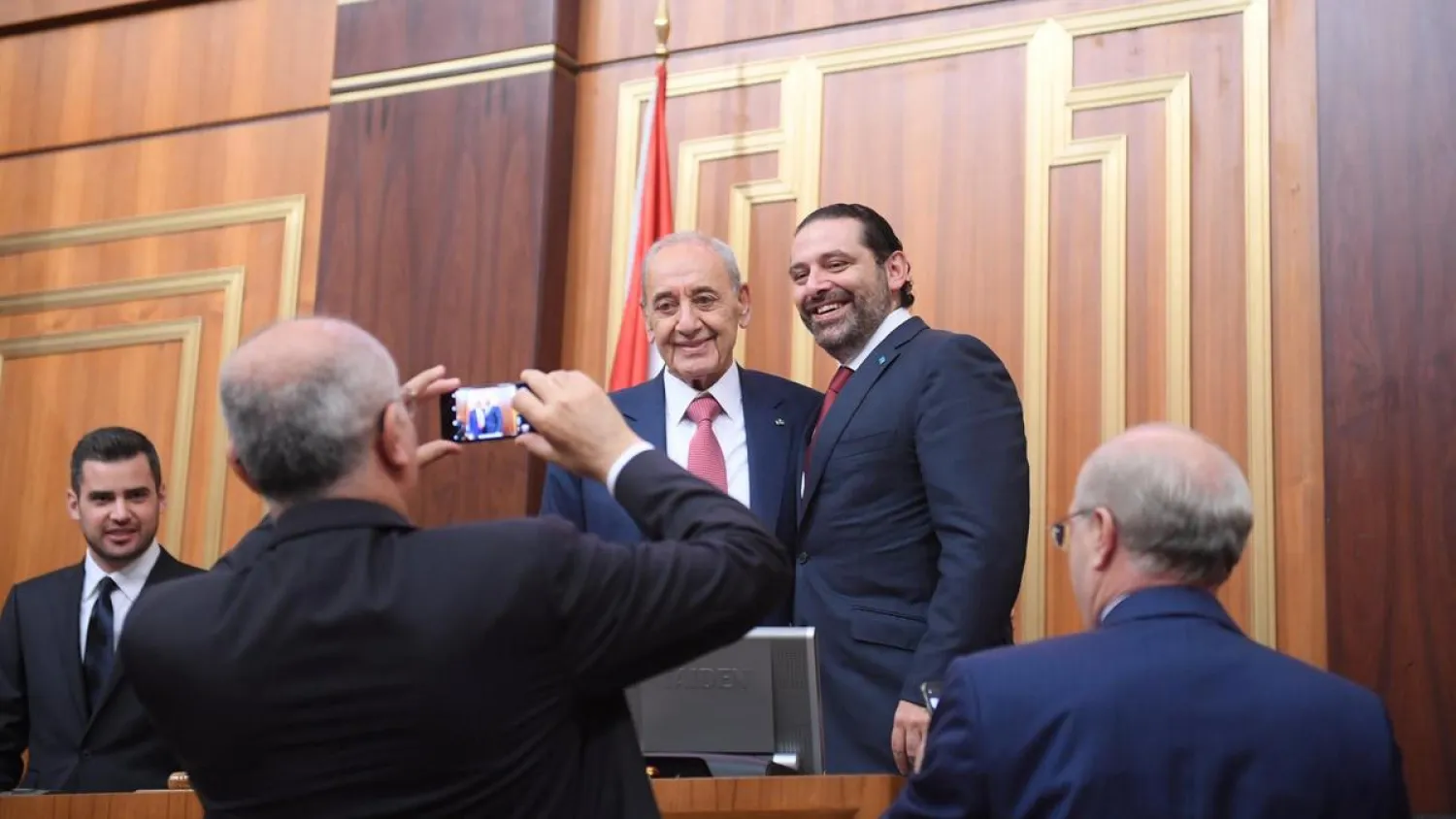A delegation of Lebanese parliamentarians will visit Washington on Sunday to participate in meetings organized by the World Bank and the International Monetary Fund (IMF).
The delegation is expected to meet officials and influential figures in the US Administration to give an overview of the political and economic situation.
The delegation will include the head of the parliament committee on Foreign Affairs and Expatriates, MP Yassin Jaber, and the head of the Budget and Finance committee, MP Ibrahim Kanaan, along with other MPs and personalities.
The visit has a special significance as it directly follows US Secretary of State Mike Pompeo’s meetings in Beirut last month and his escalating statements against Iran and Hezbollah.
In remarks to Asharq Al-Awsat, Jaber said that the visit was not related to the news of new sanctions against Hezbollah, but comes within Lebanon’s participation in the World Bank and IMF meetings traditionally held in April in the US capital. However, he did not deny that the delegation would take the opportunity to hold meetings with US officials “to explain the Lebanese situation and review regional developments.”
Jaber stressed that Washington supported the Lebanese army and institutions, pointing out that the country needed this material and moral support in light of the current economic crisis and the difficulties and challenges it faces at all level.
The Lebanese MP said he had no information on a new package of sanctions against Hezbollah, but noted that sanctions against concerned persons were “a permanent possibility.”
“We always insist that the sanctions do not affect the entire country,” he emphasized.









